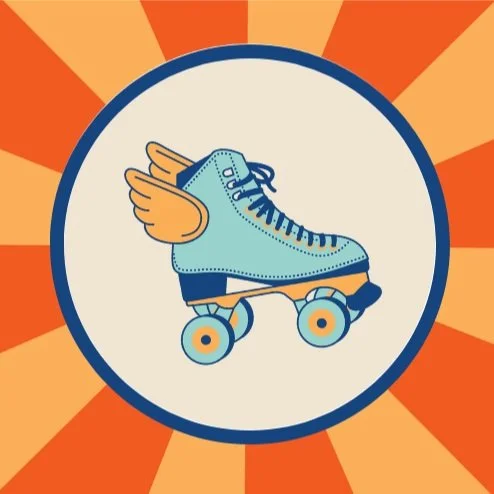Understanding the Basics of Human Trafficking
The basic knowledge you need to know about human trafficking and exploitation through this short video series.Created by Elizabeth Hagan, Jessa Dillow Crisp, and Sarah VirgilLast Updated: January 2022Length: 15 minutesContents
What is Human Trafficking?
Overlap of Trafficking and other Violent Crimes
Actions, Means, Purpose Model
Who’s Involved?
Your Action Plan!
What is human trafficking?
Overlap of Trafficking and Other Crimes?
Action, Means, Purpose Model
Who’s Involved?
Take Action
Now that you know the basics, let’s take what you’ve learned and apply it to making positive action in our world today. These steps really aren’t complicated, but they can make a big difference when we all work together to be better.
Be a friend - show support, listen without judgement, offer an ear or support, reach out to the quiet ones, have patience with rowdy or “troublemakers”, check in on your friends and on those without friends. Supporting and being THAT person to someone is one of the best way we can all prevent against trafficking.
Use your voice - raise awareness by sharing accurate and good content on social media, speak up, intervene when inappropriate jokes or misinformation is being shared
Have a conversation - talk with your kids/teens/young people in your life about sex, consent, and bodily autonomy. Normalize these conversations and give accurate information. Here's a few resources to help get you started! For kids, For girls , For kids, teens, and differently abled, For teens, young adults, and older.
Give what you can - Every little bit helps us hire and give to survivors of human trafficking that collaborate and help to create educational resources for prevention. But giving is not only monetary! If you have a talent or skill, there is always a place for you to help, so look into volunteering with us or with another organization in your area. (homeless shelter, call center, clothing/food drive, foster care, after school/summer programs, etc.)
Listen to and amplify survivor voices - Listening to, and not discounting, what a survivor tells you is an important part of anti-trafficking work. If someone is disclosing abuse, report it to the appropriate hotlines and authorities as soon as possible. Keep in mind, survivors know how to help other survivors better than anyone else, therefore survivors who are comfortable leading, should be at the forefront of this movement. It is our job to support and empower, not ‘rescue.’
Hotline NumbersNational Human Trafficking Hotline: 1-888-373-7888National Sexual Assault Hotline: 1-800-656-4673ChildHelp National Child Abuse Hotline: 1-800-422-4453Domestic Abuse Hotline: 1-800-799-7233Want to learn more? Check out more content!






